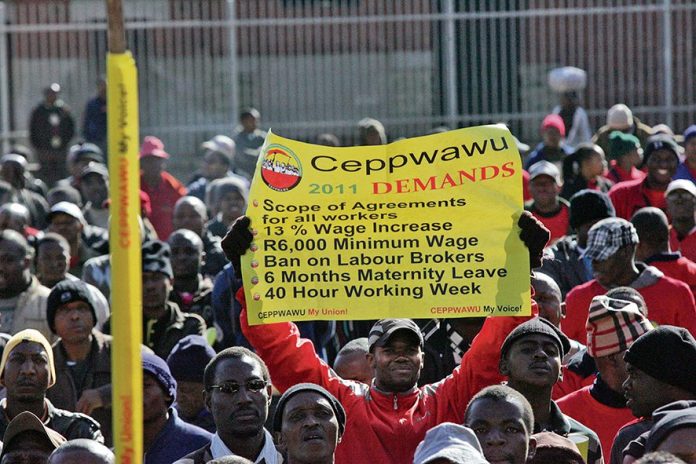As South Africa joins the rest of the world in celebrating International Workers’ Day, the government has paid tribute to all workers, especially frontline workers who continue to provide essential services on this public holiday.
Celebrated annually on May 1, International Workers’ Day, or May Day, pays tribute to the historical struggle of workers and their trade unions for solidarity and fair employment standards.
This year’s International Workers’ Day is commemorated under the theme “30 Years of Freedom”.
This year also marks the 133-year anniversary of May Day, a testament to the enduring legacy of the labour movement.
Celebration of workers’ rights
In South Africa, the journey began with the formation of the trade union federation Cosatu in December 1985.
The union’s demand for May Day to be recognised as a public holiday and renamed Workers’ Day was heeded by about 1.5-million workers.
Thousands of students, taxi drivers, hawkers, shop owners, domestic workers, self-employed individuals, and unemployed people joined the workers.
Despite the apartheid government’s advance ban, rallies took place all over the nation, with the majority taking place in the Pretoria-Witwatersrand-Vereeniging region, now known as Gauteng.
Workers’ Day has been officially acknowledged and commemorated in South Africa since the inaugural democratic government in 1994.
The Department of Employment and Labour said the day serves dual purposes: a celebration of workers’ rights and a poignant reminder of the pivotal role that trade unions, the Communist Party, and other labour organisations played in the struggle against apartheid.
May Day’s cultural significance
“Workers’ Day in South Africa carries its own unique cultural significance,” the department said in a statement on Wednesday.
“The public holiday has come to symbolise not only the sacrifices made in an arduous journey towards fair employment standards but also the fierce battle against apartheid, where trade and labour played a crucial role.”
Given that South Africa’s working class was the most oppressed under apartheid, the department said the fight for improved working conditions and the battle to dismantle systematic segregation became inextricably linked.
“Prior to the 1994 elections, labour and trade groups frequently used Workers’ Day as a rallying symbol against segregation and oppression under the apartheid regime, organising demonstrations and fostering widespread resistance.
This day serves as a testament to their resilience and determination,” the department said. – SAnews.gov.za



